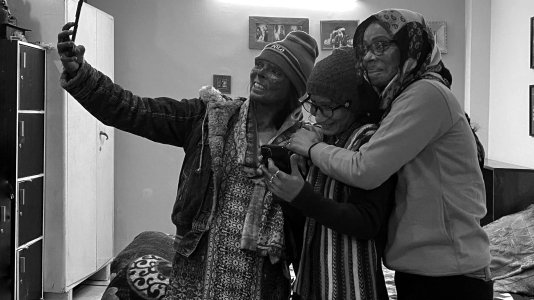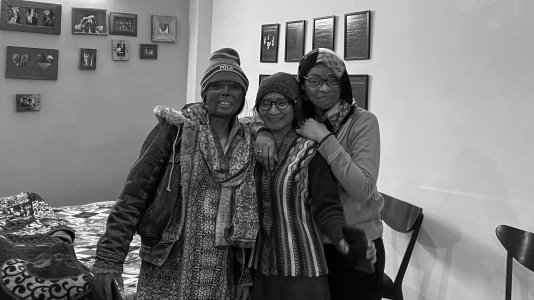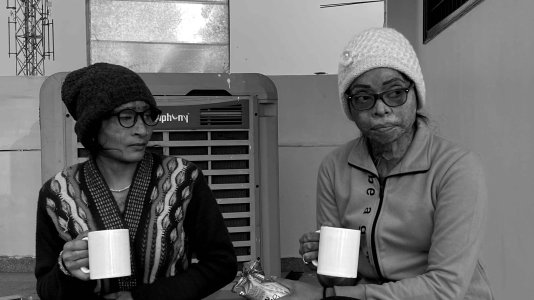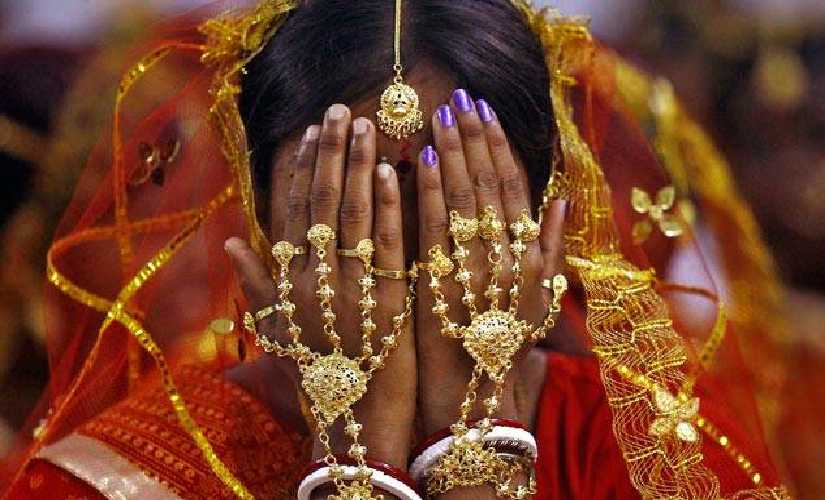- About
- Topics
- Story
- In-Depth
- Picks
- Opinion
- News
- Donate
- Signup for our newsletterOur Editors' Best Picks.Send
Read, Debate: Engage.
| February 01, 2023 | |
|---|---|
| topic: | Women's rights |
| tags: | #India, #women's rights, #gender-based violence |
| located: | India |
| by: | Naila Khan |
In 2019, Nisha Verma’s older sister organised a prayer in her home, and asked Nisha to assist her with the preparations. But Verma knew that first she would have to ask permission from her husband to let her step out of the house. When the 26-year-old mustered the courage to do so, he denied.
What ensued was an argument between the couple, and Verma was relieved when her husband had suddenly left the house. But she did not expect what followed next: as she tried to put their two-year-old son back to sleep, her husband returned to the house and splashed acid in her face.
"I ran outside, on the main road," Verma told FairPlanet. "I knew I would be safe anywhere else rather than in my own house."
Verma was then brought to India’s capital New Delhi to seek treatment for acid burns. Since then, she has been associated with Make Love Not Scars, a non-profit organisation in New Delhi that aids acid survivors like Verma by offering accommodation, support and legal advice. It runs a shelter home for women whose lives have been scarred by a crime that is still alarmingly common in India.
Over 1,000 acid attacks were reported between 2017 and 2021 in India, according to a government report.
But Vikas Scott, an activist and project manager at Make Love Not Scars, said that the real number was likely higher. "We see that on an average at least 200-300 cases are reported for acid attacks [per year], but the real figure is above 1,000 annually."
According to government data, crime against women has been on the rise in India. Figures rose by 15.3 percent in 2021 compared to the previous year, with 4,28,278 cases registered in 2020. A significant portion of such cases (31.8 percent) fall in the category of domestic violence, primarily by male spouses and their relatives.
In India, 80 percent of the acid attacks target women, and independent agencies estimate that 60 percent go unreported, as many women are embarrassed and afraid to speak out against perpetrators - who in most cases are close to the victims. Survivors are also unlikely to pursue legal action due to pressure from family members.
But when women such as Meena Khatoon gather the courage and demand accountability from their attackers, they are often failed by the system.
Thirty-five-year-old Khatoon was attacked with acid by her husband and in-laws in 2011. A court had found her husband guilty and sentenced him to eight years in prison. But after only a year and a half in jail he was bailed out and has been free ever since.
Today, Khatoon's husband has moved on with his life, while for her every day remains a struggle. "I have no hope from the government," she told FairPlanet. "The man who ruined my life is roaming freely. How can I lead a normal life?"
Survivors who wish to rebuild their lives often find that resources are lacking. They typically receive a minimum compensation from the Indian government of Rs 3 lakhs (EUR 3,363) and a higher sum of Rs 7 lakhs (EUR 7,869) for face disfigurement reparations.
Verma, for instance, has gone through multiple surgeries and continues to be treated in a private hospital in New Delhi. However, she finds that the compensation of 3 lakhs offered by the government is insufficient, as the average cost of surgeries alone is between 10-15 lakhs.
"All this money is spent on hospitals," she said. "We should get at least up to 10-15 lakhs, so that along with my treatment I can also do something with my life."
For many like Verma, compensation by the government kicks in when most of damage is already done. And due to frequent delays in court proceedings, survivors have to run from pillar to post to submit the right documents and access the money, which often arrives too late.
In December last year, a 17-year-old girl was attacked with acid by two men on a motorbike in broad daylight in the capital. Since the attack, activists across the country are demanding a stricter ban on over-the-counter sales of acid.
In 2020, Shaheen Malik, an acid attack survivor and activist filed a Public Interest Litigation (PIL) in the Delhi High Court seeking a blanket ban on the sale of chemicals such as acid.
"We want acid to be banned completely at least at retail shops, so that such crimes are stopped. A notice has been issued regarding the same but the government keeps asking for more time and nothing important comes out of it," Malik told FairPlanet. Malik runs the Brave Souls Foundation, an NGO that offers legal advice and rehabilitation for survivors of acid attacks in New Delhi.
The Apex court of India issued an order that banned the sale of acid in 2013 and stipulated that only those with acceptable ID proof would be allowed to purchase it. But despite the order, acid continues to be sold widely in India and is easily accessible.
"If that order was implemented justly, the number [of victims] would have been far lower," Malik added. "A drop of acid ruins a girl’s entire life."
One of the reason that acid remains ubiquitous in India is that it is used for multiple purposes, from cleaning toilets to manufacturing of materials such as rubber. It is thus available for 0.11 euros at almost every neighbourhood grocery store. Acid bottles are also available for purchase online.
Surveys conducted by Malik and her team show how easy it is to purchase a bottle of acid that could disfigure a person in an attack.
"We built a team of 24 people and went to different districts," she said. "We bought acid from many shops there. We observed that nobody was asking for identity proof, they were not asking anything at all. After these visits, we prepared a report and then filed a Public Interest Litigation in the Delhi High Court."
Soni, who asked not to reveal her last name, was attacked with acid in 2008 by her husband for failing to provide her dowry money. The attack did not only scar her face but also decimated her aspirations in life.
"He crushed my dreams of going to college," Soni told FairPlanet. "After looking at my face, the principals and college administration denied me permission to study in their colleges because they felt it would impact their reputation."
Soni now campaigns for acid attack survivors. "If society is not going to accept us then we need a world of our own," she said.
"We need education, we need jobs, we need accommodation, and only then can we stand on our feet and not look back."
Image by Naila Khan.
By copying the embed code below, you agree to adhere to our republishing guidelines.



